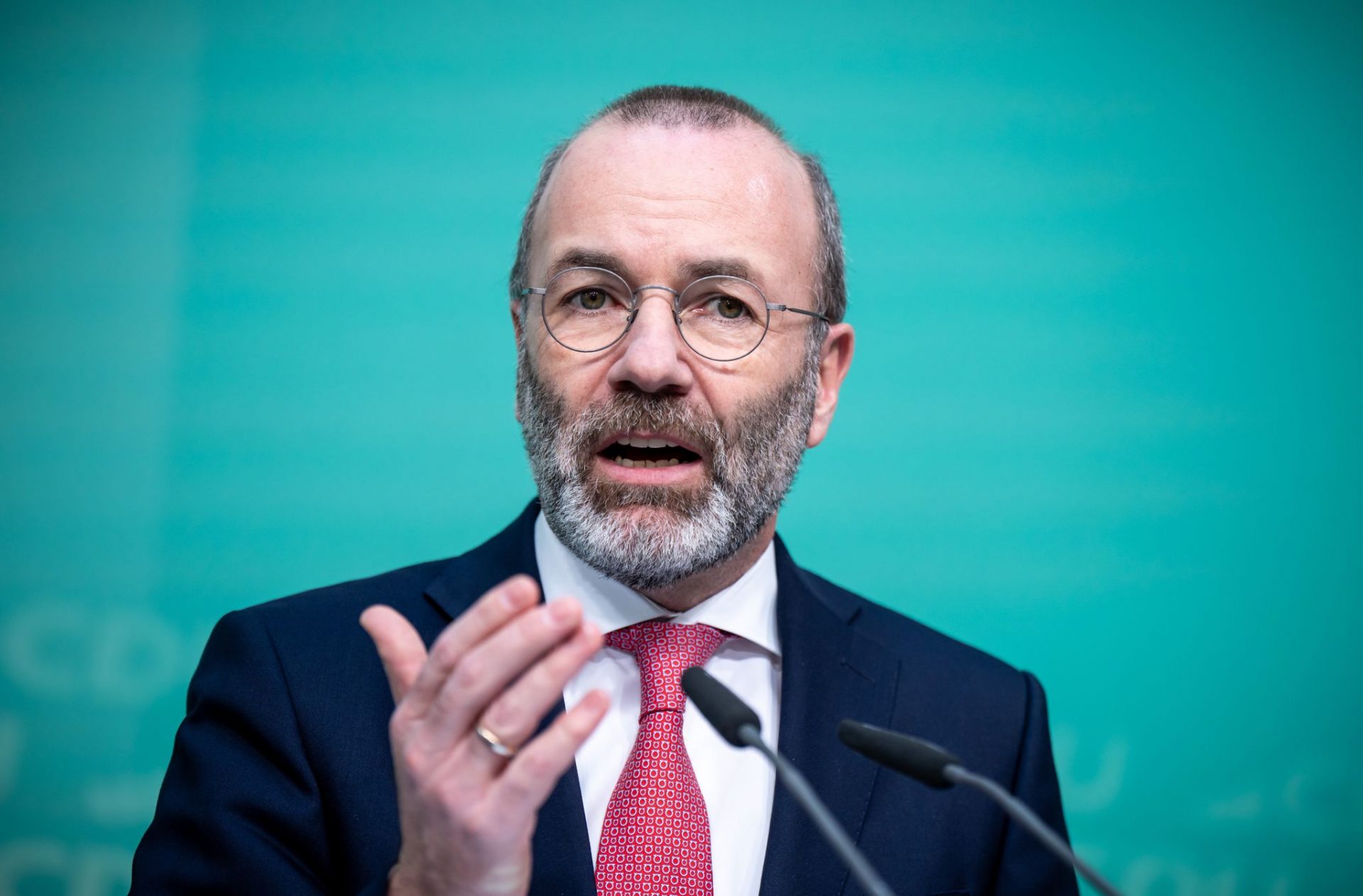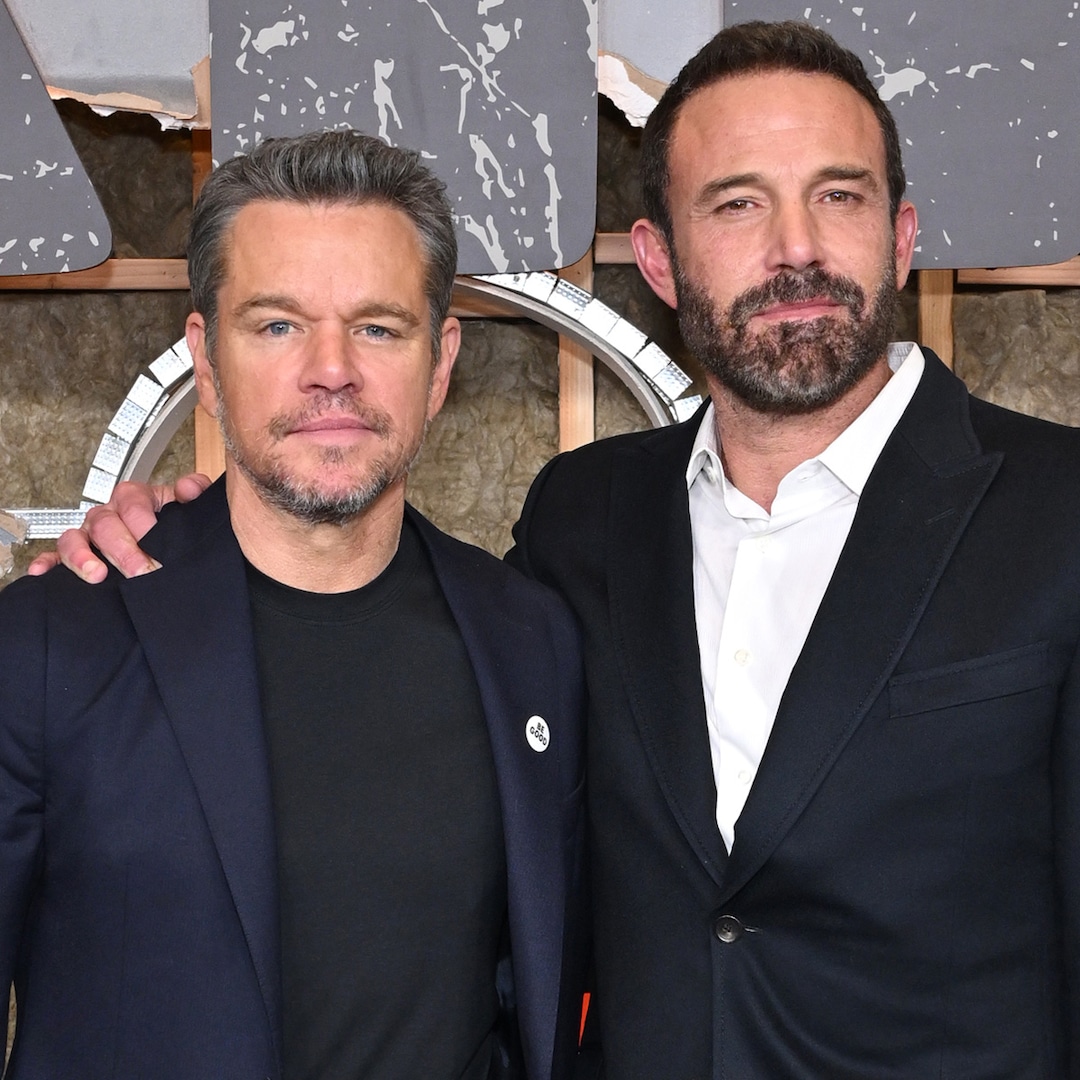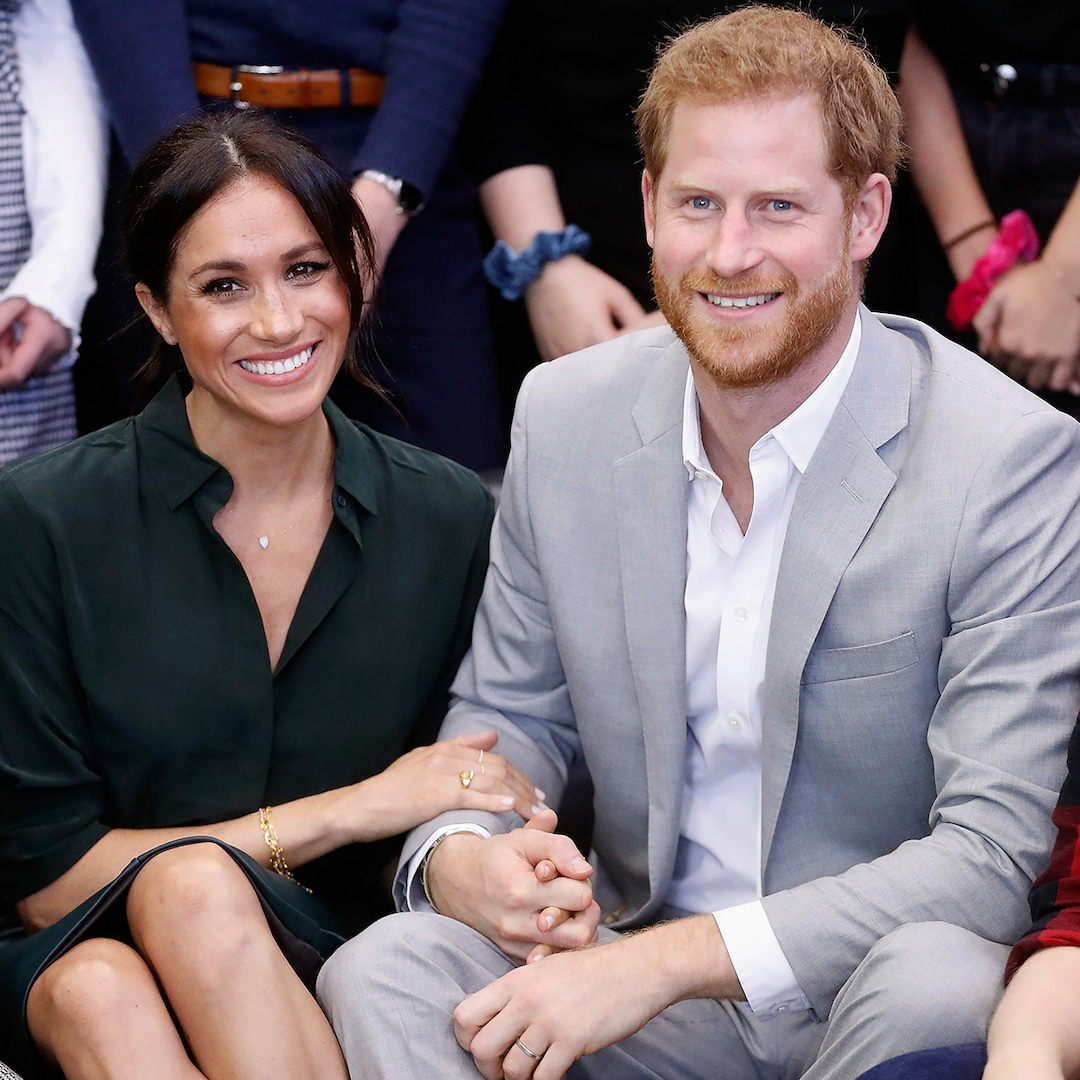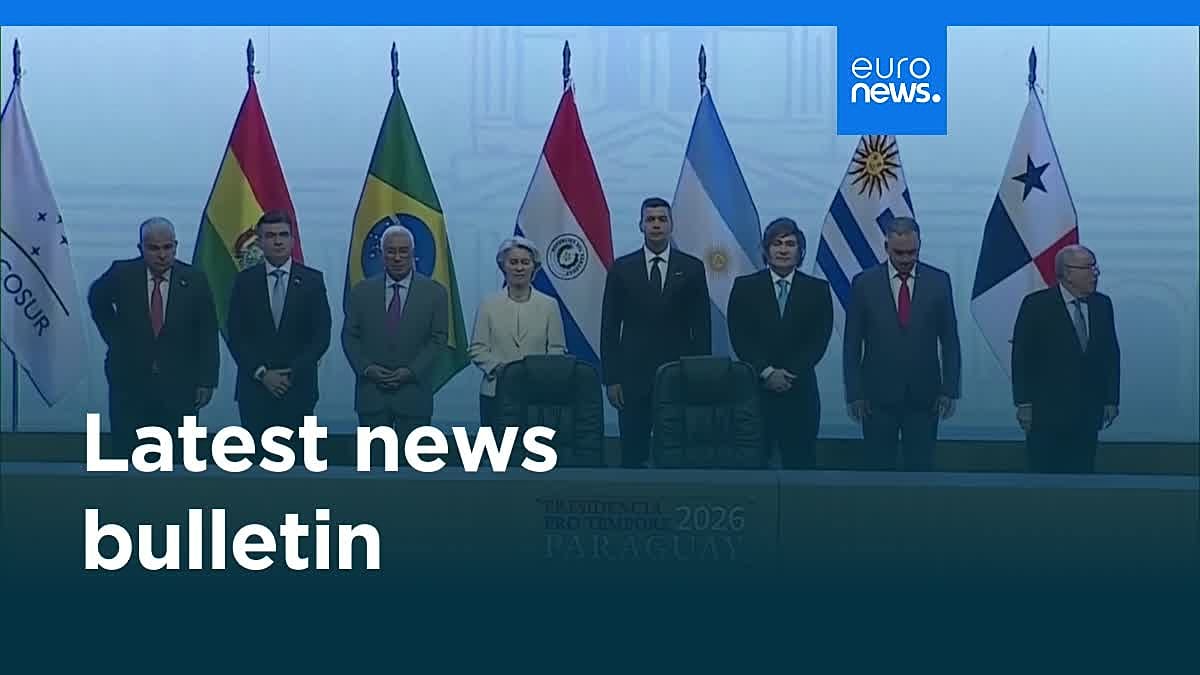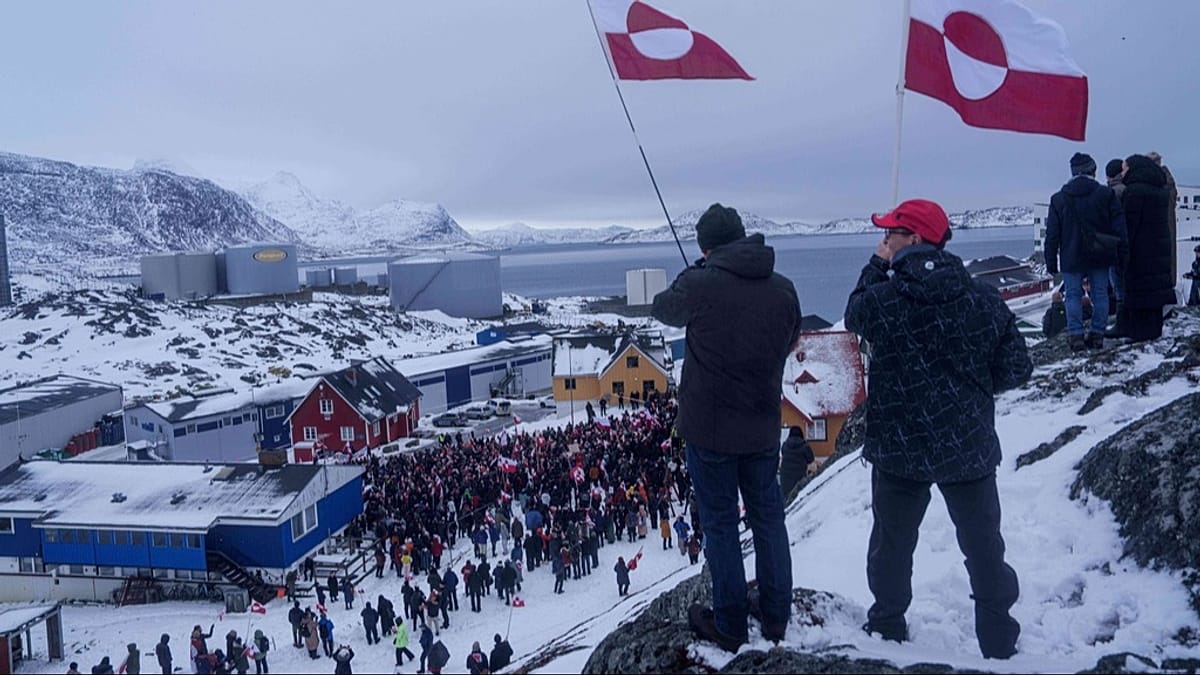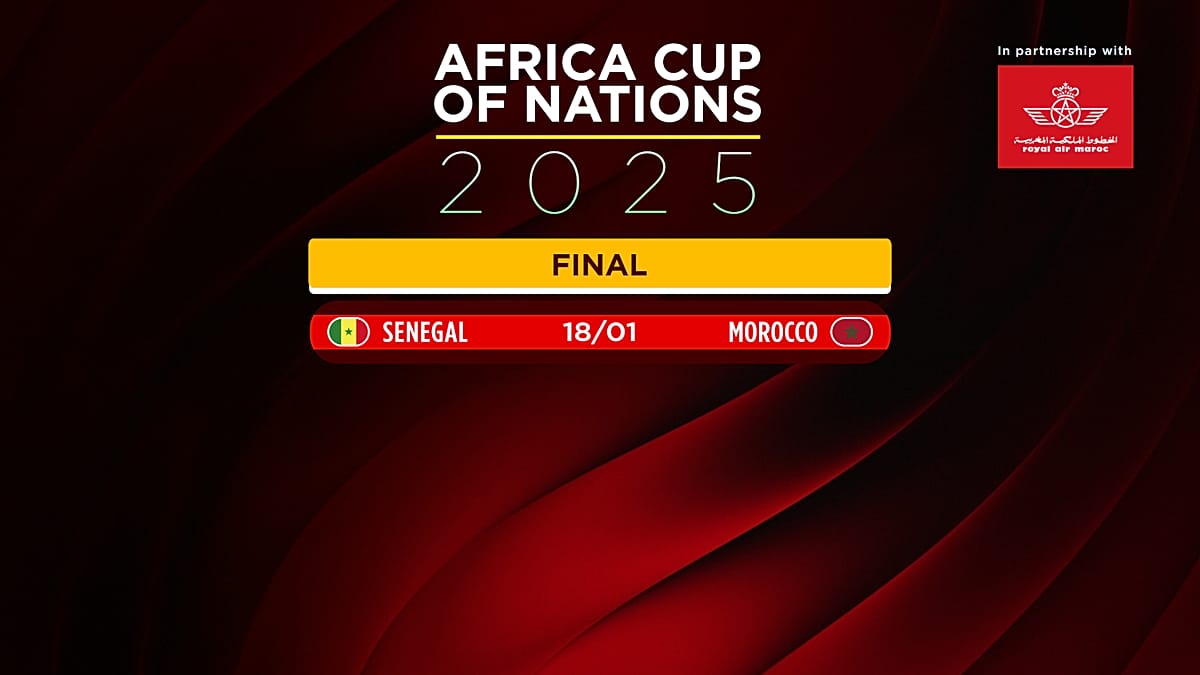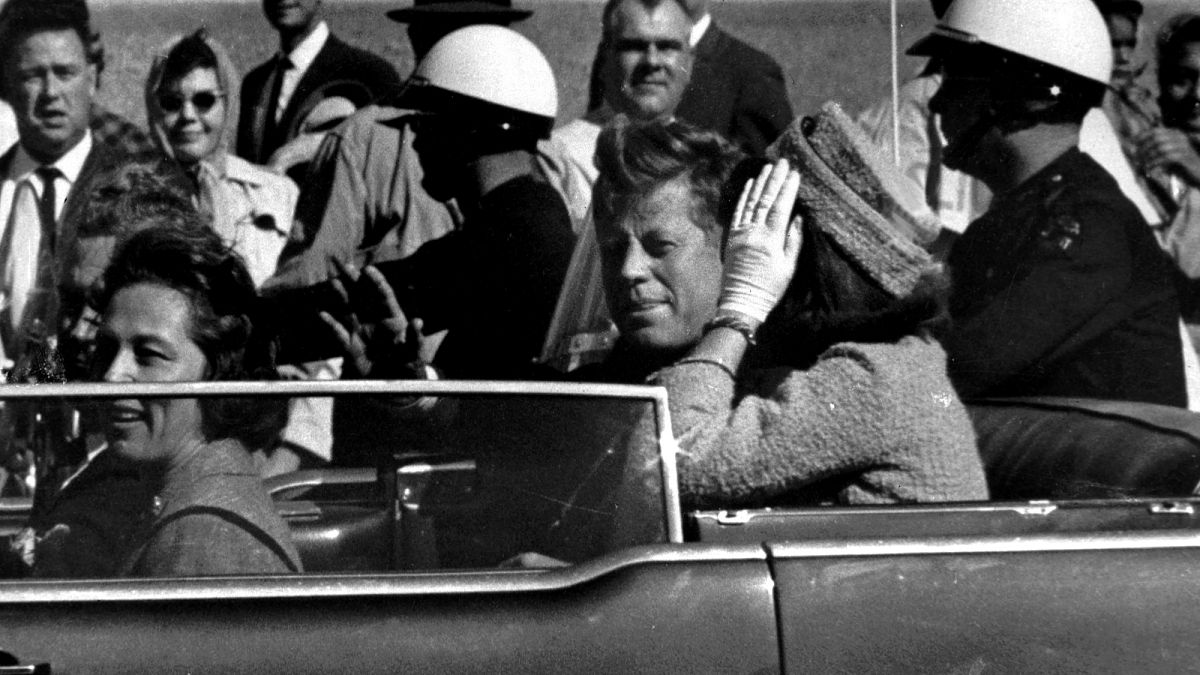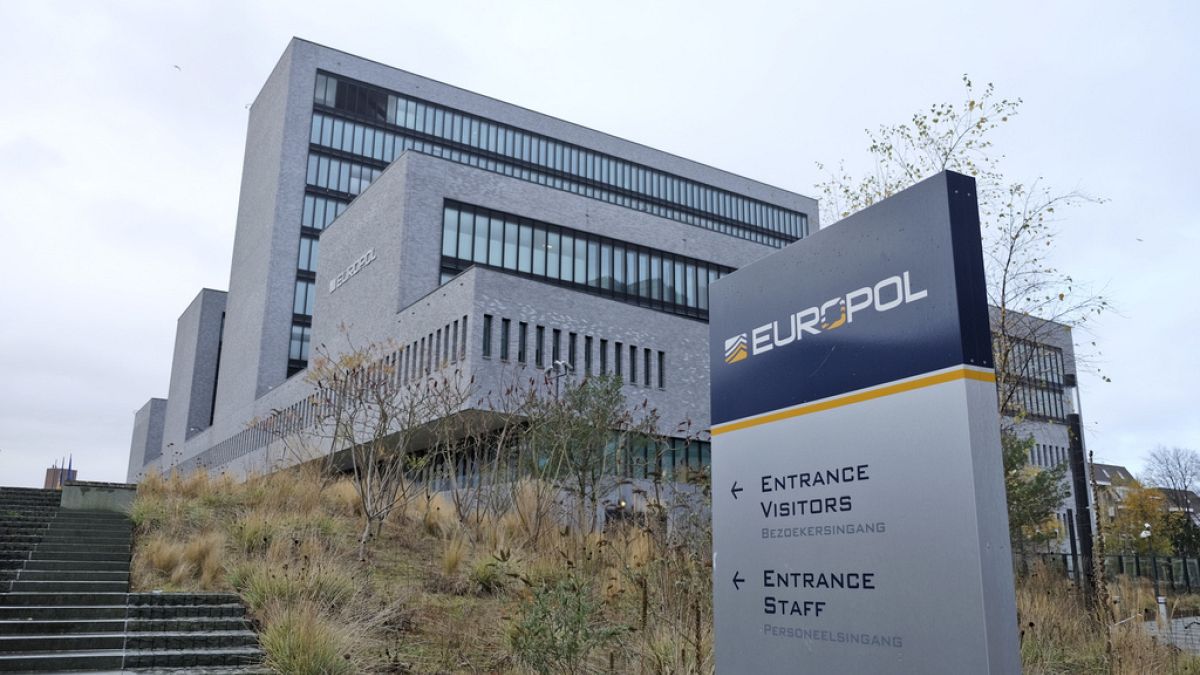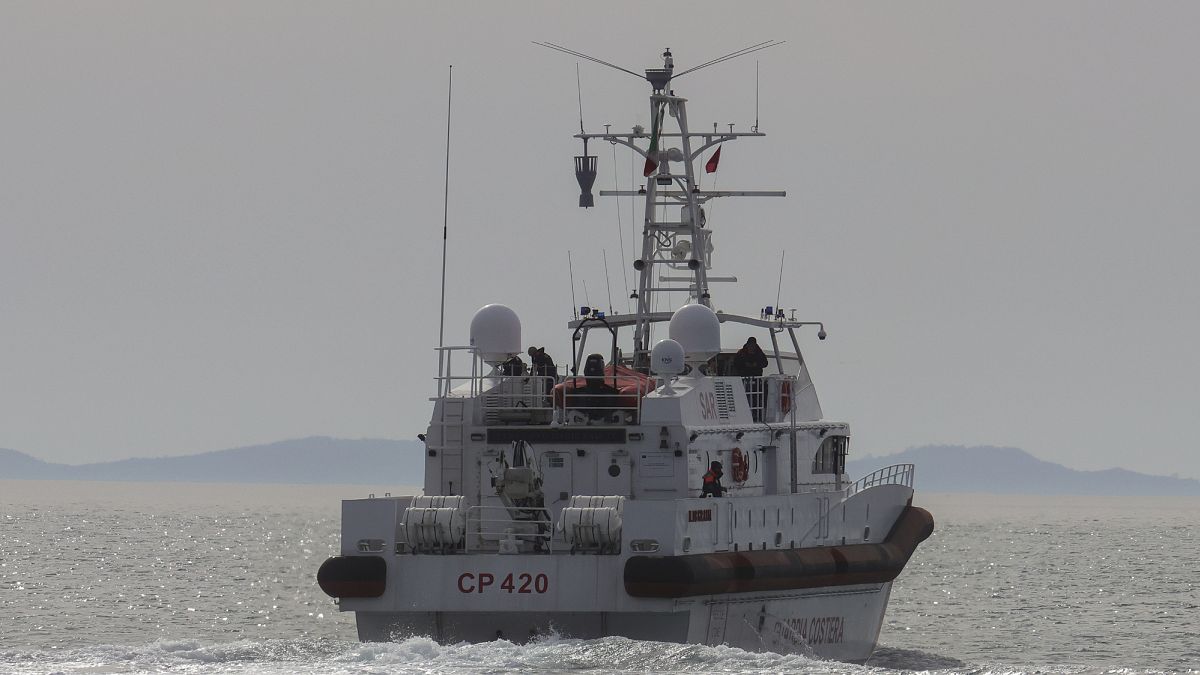The EU and its member states rally around Poland following Russian drone violation

The EU wants to ramp up protection of its borders with Russia. The announcement came briefly after Warsaw reported that it destroyed at least three Russian drones over its airspace on Wednesday, a reaction that sparked fears of an escalation of the war in Ukraine.
“There is no doubt: Europe’s eastern flank keeps all of Europe safe,” European Commission President Ursula von der Leyen said in a major speech in the European Parliament in Strasbourg on Wednesday. “From the Baltic Sea to the Black Sea. This is why we must invest in supporting it through an Eastern Flank Watch.”
The concept is still at an early stage and no official blueprint has been published. Von der Leyen described it as a programme to strengthen protection for EU states bordering Russia, with investments in real-time space surveillance and a “wall of drones.”
She also announced a “drone alliance” with Ukraine and slammed Russia for “a reckless and unprecedented violation of Poland’s and Europe’s air space.”
What happened in Poland?
Von der Leyen’s ‘State of the Union’ speech was planned well in advance, but it came just hours after Poland’s airspace was violated 19 times by Russian drones, at least three of which were shot down, according to Polish Prime Minister Donald Tusk, after Warsaw and its allies scrambled jets. No casualties were reported.
Russian drones and missiles have entered the airspace of NATO members including Poland several times during Russia’s three-and-a-half-year invasion of Ukraine, but a NATO country has never attempted to shoot them down.
Tusk said he had invoked NATO’s Article 4 under which any member can call urgent talks when it feels its “territorial integrity, political independence or security” are at risk – it was only the eighth time the measure has ever been used since the organisation was founded in 1949.
“This situation (…) brings us closer than ever to open conflict since World War II,” Tusk told the Polish parliament, but added there was “no reason today to claim that we are in a state of war”.
Russia has denied any responsibility for the violation of Poland’s airspace, with the Defence Ministry announcing on Telegram that “there were no plans to target infrastructure in Poland”.
How has Europe responded?
EU leaders have rallied around Poland following the incident.
The Italian President Sergio Mattarella said: “The drone incident in Poland is extremely serious. What is alarming is that we are moving along a ridge from which we could slide into an abyss of uncontrolled violence.” He compared the atmosphere of recent weeks to that which led to World War I.
Italian Prime Minister Giorgia Meloni expressed “full solidarity with Poland over Russia’s serious and unacceptable violation of Polish and NATO airspace”.
Others stressed the danger of wavering on NATO’s role. Czech Prime Minister Petr Fiala condemned Russia and criticised politicians who labelled the military alliance as an aggressor or opposed the strengthening of defence. “This is not a political position, but a service to Russian propaganda, which we must not let win in Czechia,” he said and called on all political forces to clearly condemn the attack.
Spanish Foreign Minister José Manuel Albares struck a more cautious note. He said that the “flagrant” violation of Polish airspace by Russian drones was a moment that called for “necessary firmness”, but that there mustn’t be a rush into action.
Albares urged Europe and NATO to remain united, adding that Spain “wants peace, is working for an unconditional ceasefire, but also for security, especially that of Europe and Europeans”.
Germany’s Chancellor Friedrich Merz was more direct, accusing Russia of having “endangered human lives in a country that is part of NATO and the EU”, while Defence Minister Boris Pistorius described the incursion as a “provocation against the whole of NATO”.
French President Emmanuel Macron labelled the incident “simply unacceptable”, while even Hungary’s Viktor Orbán – a noted Putin sympathiser – expressed his country’s “full solidarity” with Poland, without condemning Moscow.
Slovak Prime Minister and Russian ally Robert Fico also did not condemn Russia, writing in a social media post on X that it was “a serious incident that can lead to far-reaching consequences”. And: “It is therefore vitally necessary to objectively determine whether it was intentional or accidental, and under whose control the drones were operated. I express solidarity with Poland and offer cooperation in finding all the necessary answers.”
Former Slovak Defence Minister Jaroslav Naď accused his government of failing to act, saying the National Security Council “should have been convened long ago”.
Bulgaria and Slovenia were far clearer. The former’s foreign ministry declared that it “stands together in full solidarity with our ally Poland”. The statement continued: “Russia’s repeated intrusions into NATO airspace are a threat to Euro-Atlantic security. Such actions will be met with decisive measures to protect the Alliance.”
Slovenia’s Prime Minister Robert Golob also found the breach of Polish airspace by Russia “completely unacceptable”, he said in a post on the government’s X profile. “My full solidarity with Donald Tusk.”
Romanian President Nicusor Dan also said the country stands in solidarity with Poland and, if necessary, procedures are in place “to respond similarly” if an incident of the same nature happened in Romania.
What happens next?
In the short-term, Latvia closed its airspace on the Russian and Belarusian border for a week.
The country’s Defence Minister Andris Sprūds reassured residents that there was currently no direct threat, but that preventative measures were necessary.
The closure of airspace makes it easier to detect unauthorised flying objects.
Poland has also imposed air-traffic restrictions along its eastern border, the PAP news agency reported on Thursday, citing a spokesman for the aviation authority.
He said the restrictions will remain in effect until December 9 along the border with Belarus and Ukraine, covering altitudes from ground level up to 3,000 metres.
All air traffic is prohibited within this zone from sunset to sunrise, except for authorised military aircraft.
The country has also requested an emergency meeting of the UN Security Council which is set to take place on Friday.
Some analysts see the drone incursions as a deliberate test. German foreign policy expert Norbert Röttgen argued that Russia was probing NATO’s resolve and trying to intimidate the alliance over its support for Ukraine. EU foreign policy chief Kaja Kallas offered a similar assessment, calling the incident a “game changer” that should push the bloc toward tougher measures in its next sanctions package.
The EU’s 19th sanctions package against Russia is set to be announced by the EU this month. Von der Leyen said the focus will be on phasing out Russian fossil fuels faster, targeting the “shadow fleet” that helps Moscow skirt oil sanctions, and pressing third countries to tighten compliance. She also flagged efforts to unlock the use of immobilised Russian assets to help finance Ukraine’s war effort.
The newly announced drone alliance will also try to counteract Russian threats, but so far not many details have been released.
A Commission spokesman said that concrete steps will follow later but explained the alliance will be so that “the Commission, together with member states, together with European industry players and together with Ukraine can work more and more together in the drone sector to continue to support Ukraine”.
Meanwhile European countries are continuing to bolster their defence spending. In the face of the threat from Russia and pressure from US President Donald Trump, NATO’s European members have agreed to massively hike their defence spending.
The allocations under a new EU loan scheme to help with that goal were announced on Tuesday.
Warsaw led the way by snapping up loans worth almost 44 billion Euro from the 150-billion-Euro programme designed to help member states borrow money at lower rates.
Next came Romania with 16.7 billion Euro, France and Hungary with 16.2 billion and Italy with 15 billion, according to preliminary figures.
The funds are intended to be spent on strengthening key areas like air defence and could also go towards helping to arm Ukraine.
This article is an enr Key Story. The content is based on news by agencies participating in the enr.


